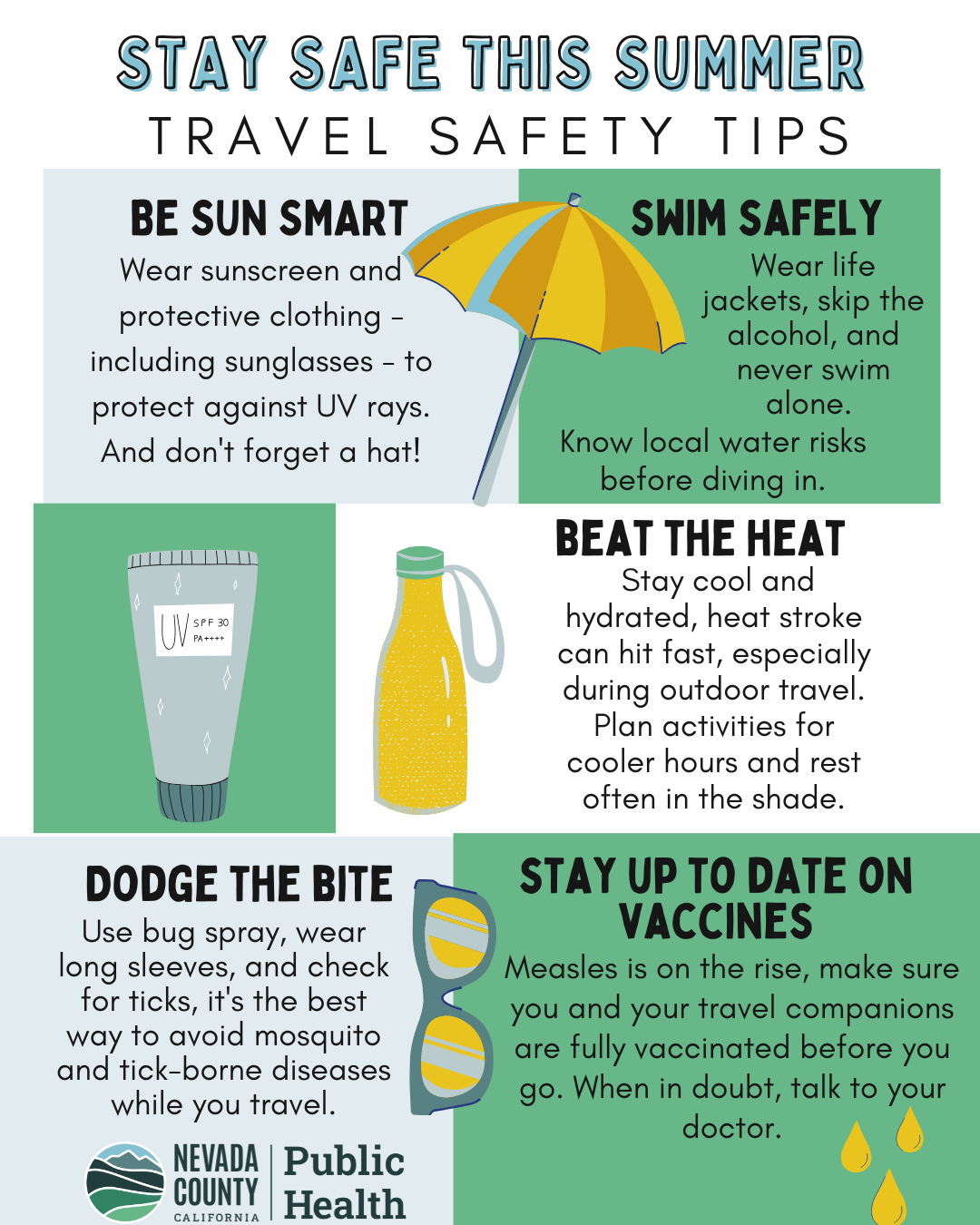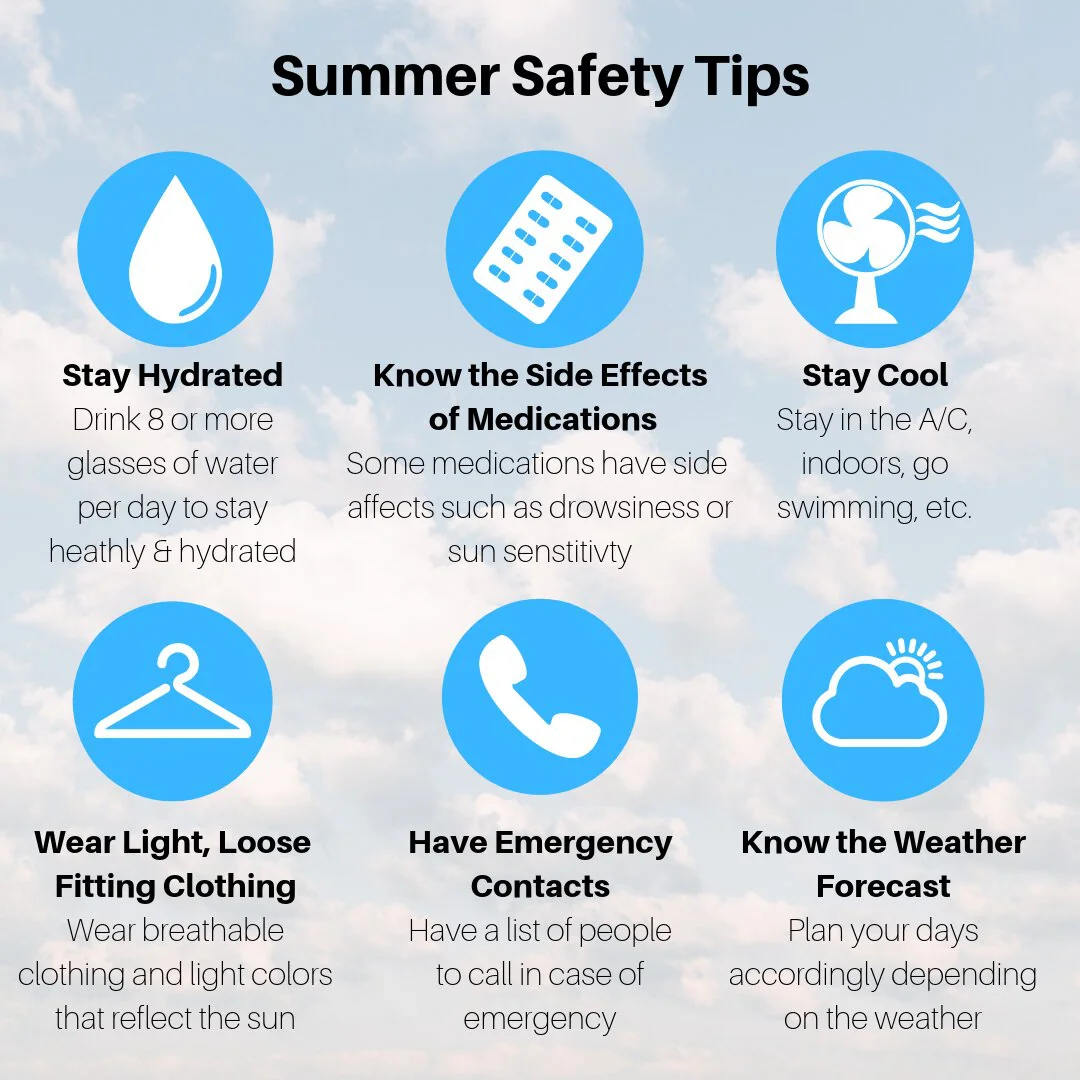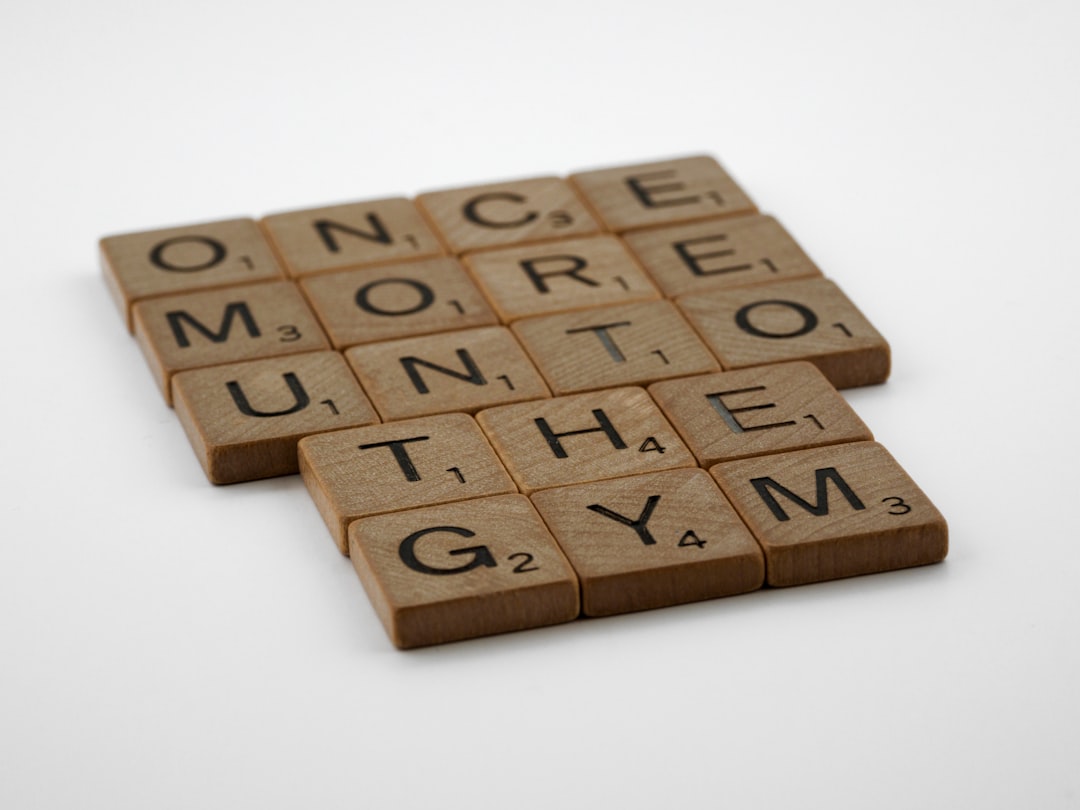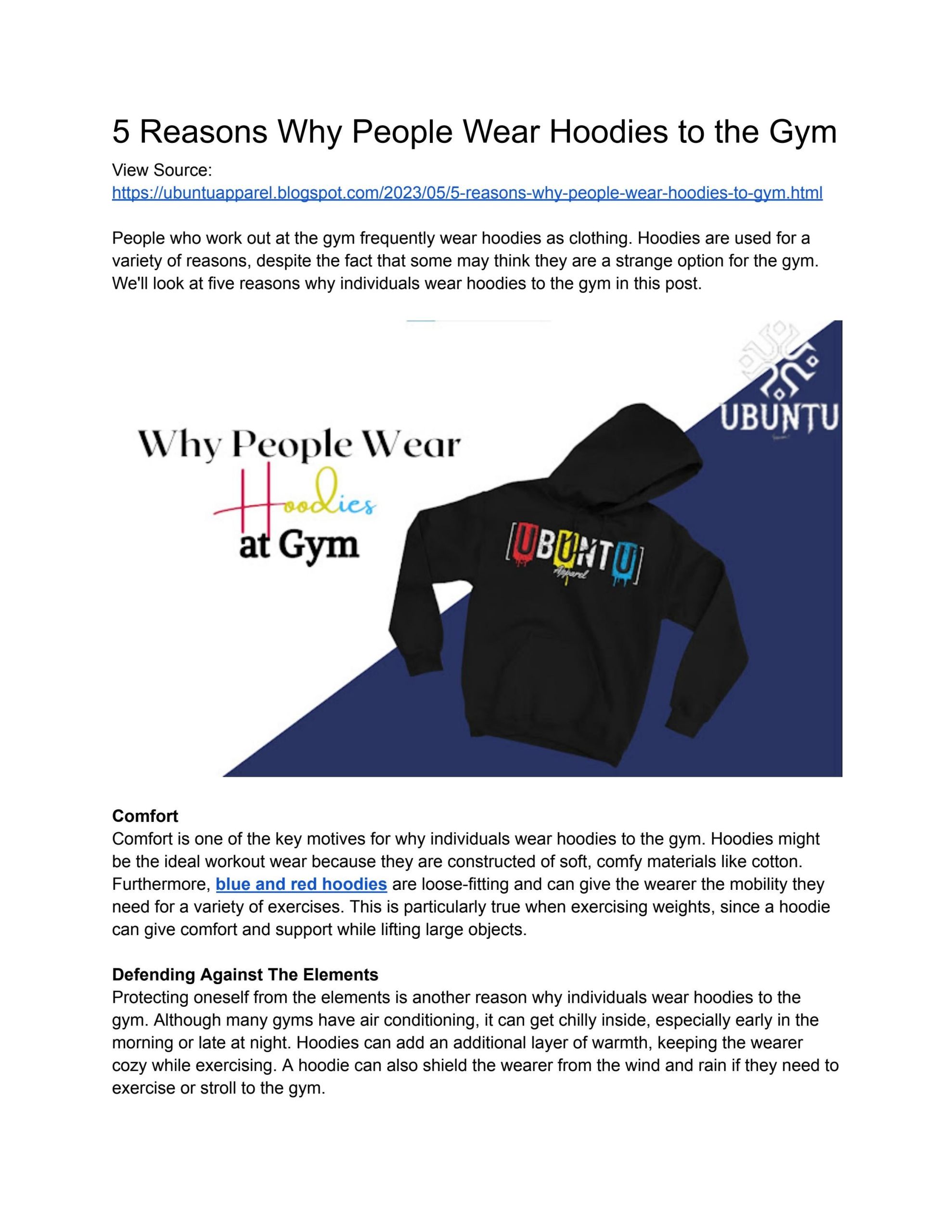Summer is here, and it’s time to enjoy the sunshine and warm days. But with the heat and long hours outside, your body needs extra care.
Are you ready to keep your energy high and stay healthy all season? You’ll discover simple, effective health tips that fit easily into your daily routine. These easy changes can help you feel better, avoid common summer problems, and make the most of every sunny day.
Keep reading—you won’t want to miss these must-know tips for a healthier summer!
Credit: northcantonohio.gov
Stay Hydrated
Staying hydrated is key to enjoying a healthy summer. Heat and activity cause your body to lose water quickly. Drinking enough water keeps your body cool and helps it work well. It also improves energy and mood. Without enough fluids, you can feel tired and dizzy. Simple habits can keep your hydration levels right and protect your health all season.
Importance Of Water
Water makes up about 60% of the human body. It helps carry nutrients and oxygen to cells. Water also removes waste and controls body temperature. During summer, the body loses water fast through sweat. Replacing this water is vital to avoid heat-related problems. Drinking enough water supports digestion and keeps skin healthy. Staying hydrated helps muscles and joints move smoothly.
Signs Of Dehydration
Dehydration happens when the body loses more water than it takes in. Early signs include thirst and dry mouth. You might also feel tired or dizzy. Dark yellow urine means you need more water. Headaches and muscle cramps can show dehydration too. Severe dehydration causes confusion and rapid heartbeat. Recognizing these signs helps you act quickly and avoid serious issues.
Hydration Tips
- Drink water regularly, even if you do not feel thirsty.
- Carry a water bottle wherever you go.
- Eat fruits and vegetables with high water content, like watermelon and cucumber.
- Avoid sugary drinks and alcohol as they cause dehydration.
- Drink a glass of water before and after outdoor activities.
- Set reminders to drink water throughout the day.

Credit: yubanet.com
Protect Your Skin
Summer sunshine feels great, but your skin bears the brunt if you’re not careful. Protecting your skin isn’t just about avoiding sunburn—it’s about preventing long-term damage, premature aging, and even skin cancer. Taking simple steps every day can keep your skin healthy and glowing throughout the season.
Choosing The Right Sunscreen
Not all sunscreens are created equal. Look for broad-spectrum options that shield against both UVA and UVB rays, with an SPF of at least 30. If you’re sweating or swimming, pick water-resistant formulas to maintain protection.
Consider your skin type too. Sensitive skin benefits from mineral sunscreens containing zinc oxide or titanium dioxide, which are less likely to cause irritation. Have you noticed how some sunscreens feel greasy? Opt for lightweight, non-comedogenic products if you tend to break out.
Sun Safety Practices
Applying sunscreen is essential, but what about when you’re outdoors for hours? Reapply every two hours, and more often if you’re swimming or sweating heavily. Don’t forget often-missed spots like ears, the back of your neck, and tops of your feet.
Wearing wide-brimmed hats and UV-protective clothing adds a physical barrier against harmful rays. Timing matters too—try to avoid direct sun exposure between 10 a.m. and 4 p.m., when UV rays are strongest. Are you surprised by how much difference a simple hat can make?
After-sun Care
Even with precautions, your skin might feel dry or red after sun exposure. Cool down with a gentle shower and apply aloe vera or moisturizing lotions to soothe irritation. Hydration is key—drink plenty of water to help your skin recover from the inside out.
If you notice peeling or excessive redness, resist the urge to pick at your skin. Instead, treat it with calming products and avoid further sun exposure until healed. How do you usually care for your skin after a day in the sun?
Maintain A Balanced Diet
Maintaining a balanced diet during summer helps keep your body strong and energized. Eating the right foods supports hydration and boosts your immune system. Focus on fresh, light, and nutrient-rich options to feel your best.
Summer Fruits And Vegetables
Summer offers many fresh fruits and vegetables full of vitamins. Watermelon, berries, and cucumbers are great for hydration. Leafy greens like spinach and kale provide important minerals. Include colorful produce to get a variety of nutrients.
Healthy Snacks
Choose snacks that are both tasty and good for you. Nuts, seeds, and yogurt are rich in protein and healthy fats. Cut vegetables with hummus add crunch and flavor. These snacks keep hunger away without heavy calories.
Refreshing Smoothies
Smoothies are a quick way to enjoy fruits and vegetables. Blend ingredients like bananas, berries, and spinach with water or yogurt. Add ice for a cool, refreshing treat. They help you stay hydrated and full of energy.
Credit: www.danversma.gov
Exercise Safely
Exercising during summer is fantastic for your body and mind, but the heat demands a smarter approach. Staying safe while you work out prevents exhaustion and keeps your energy high. It’s not just about what you do, but also when and how you do it.
Best Time For Outdoor Activities
Picking the right time to exercise can make all the difference. Early mornings and late evenings usually offer cooler temperatures and less direct sunlight. This helps you avoid heat stress and keeps your workout enjoyable.
Have you noticed how a morning jog feels fresher than one at midday? That’s because your body handles cooler air better and you sweat less. If you must exercise during the day, look for shaded spots or parks with plenty of trees.
Heat-appropriate Workouts
Not all exercises suit hot weather. High-intensity workouts can spike your body temperature quickly, leading to discomfort or even heat-related illness. Instead, choose activities that allow you to pace yourself.
- Swimming is perfect—it cools you while working your muscles.
- Walking or light jogging keeps your heart rate steady without overheating.
- Yoga in the shade helps stretch and relax your body without too much exertion.
Think about how your body feels during different workouts. Adjust the intensity to suit the heat rather than pushing through it.
Cooling Down Techniques
Cooling down after exercise is as important as warming up. It helps your heart rate return to normal and prevents dizziness or cramps. Simple habits can make a big difference.
- Drink plenty of water, even if you don’t feel thirsty.
- Use a damp towel on your neck or wrists to lower your temperature quickly.
- Find a shady or air-conditioned spot to rest and breathe deeply.
Have you tried splashing cool water on your face during breaks? It’s an easy way to feel refreshed and continue your workout safely.
Keep Cool
Keeping cool during summer is essential for health and comfort. High temperatures can cause dehydration and heat-related illnesses. Simple cooling strategies help maintain a safe body temperature and improve well-being. Staying cool also boosts energy and mood in hot weather.
Effective Cooling Methods
Cold water is a great way to cool down quickly. Splash your face and neck or soak your feet in cool water. Wear loose, light-colored clothes made of breathable fabrics like cotton. Avoid direct sunlight during peak heat hours. Use fans to circulate air and create a breeze indoors.
Air Conditioning Vs. Natural Ventilation
| Cooling Type | Benefits | Considerations |
|---|---|---|
| Air Conditioning | Provides consistent cool air Reduces humidity Effective in very hot climates | Uses electricity May dry out air Needs maintenance |
| Natural Ventilation | Fresh air circulation Energy-saving Good for mild heat | Depends on outside temperature Less effective in high humidity Requires open windows/doors |
Diy Cooling Solutions
- Freeze a damp cloth and apply it to your forehead or wrists.
- Place a bowl of ice in front of a fan for a cool breeze.
- Use blackout curtains to block sunlight during the day.
- Make a homemade spray with water and a few drops of peppermint oil.
- Keep indoor plants that help cool the air naturally.
Avoid Heat-related Illnesses
Summer heat can be more than just uncomfortable—it can be dangerous. Avoiding heat-related illnesses is crucial to staying healthy and enjoying the sunny days safely. Understanding the warning signs, knowing what to do immediately, and taking simple steps to prevent overheating can make all the difference.
Common Symptoms
Heat-related illnesses often start with subtle symptoms. You might notice excessive sweating, dizziness, or muscle cramps. If you feel weak, nauseous, or have a headache, your body could be struggling to cope with the heat.
Watch out for confusion, rapid heartbeat, or a high body temperature—these signs indicate a more serious condition like heat stroke. Recognizing these symptoms early helps you act quickly and avoid complications.
Immediate Actions
If you or someone else shows symptoms of heat illness, move to a cooler place right away. Resting in the shade or an air-conditioned area lowers your body temperature fast.
Drink plenty of water or electrolyte drinks to rehydrate. Avoid caffeine or alcohol—they can make dehydration worse.
Use cool, damp cloths on your skin or take a cool shower if possible. If symptoms worsen, especially confusion or fainting, seek medical help immediately.
Preventive Measures
- Stay hydrated by drinking water regularly, even if you don’t feel thirsty.
- Wear lightweight, loose-fitting clothing and a wide-brimmed hat to protect yourself from direct sun.
- Limit outdoor activities during peak heat hours, typically between 10 a.m. and 4 p.m.
- Apply sunscreen to avoid sunburn, which can affect your body’s ability to cool down.
- Take frequent breaks in cool or shaded areas when working or exercising outside.
Have you noticed how easy it is to ignore early signs of heat stress? Paying attention to how your body feels can prevent a minor issue from turning serious. What small changes can you make today to keep yourself safer under the summer sun?
Stay Socially Active
Staying socially active during summer can boost your mood, reduce stress, and keep your mind sharp. Social connections not only make life more enjoyable but also help maintain your overall health. How often do you reach out or join activities that connect you with others when the sun is shining?
Outdoor Gatherings
Meeting friends and family outdoors is a great way to stay connected while enjoying fresh air. Think picnics in the park, backyard barbecues, or beach outings where everyone can relax and chat. These gatherings encourage movement and laughter, which are both good for your health.
Try organizing a casual game like frisbee or volleyball. It’s a fun way to get active without feeling like exercise. Have you noticed how much easier it is to open up and have real conversations when you’re outside?
Community Events
Local summer events offer a chance to meet new people and engage with your neighborhood. Farmers’ markets, outdoor concerts, or charity walks can provide enjoyable ways to connect. These activities often support a good cause and help you feel part of something bigger.
Check your town’s event calendar or social media pages for upcoming gatherings. Attending regularly can build a routine that helps you stay socially involved. What community event would inspire you to step out this summer?
Virtual Socializing
Sometimes, getting together in person isn’t possible. Virtual hangouts can keep your social life active without leaving your home. Video calls, online games, or group chats keep you in touch with friends and family near and far.
Try scheduling a weekly virtual coffee break or a movie night with friends online. It’s a simple way to maintain connections and share experiences. Have you thought about who you haven’t talked to in a while and could reconnect with online?
Frequently Asked Questions
How Can I Stay Hydrated During Hot Summer Days?
Drink plenty of water throughout the day to stay hydrated. Avoid sugary and caffeinated drinks as they cause dehydration. Eating water-rich fruits and vegetables also helps maintain hydration. Carry a water bottle and sip regularly, especially when outdoors or exercising.
What Are The Best Foods To Eat In Summer?
Choose light, fresh, and hydrating foods like salads, fruits, and vegetables. Opt for seasonal produce such as watermelon, cucumbers, and berries. Avoid heavy, greasy meals that can cause sluggishness. Incorporate foods rich in antioxidants and vitamins to boost immunity.
How Do I Protect My Skin From Summer Sun?
Apply broad-spectrum sunscreen with at least SPF 30 before going outside. Wear protective clothing, hats, and sunglasses to shield your skin. Avoid direct sun exposure during peak hours, usually 10 a. m. to 4 p. m. Reapply sunscreen every two hours or after swimming.
What Are Effective Ways To Prevent Heat Exhaustion?
Stay in cool or shaded areas as much as possible. Drink water frequently and avoid alcohol or caffeine. Wear loose, light-colored clothing to help your body cool down. Recognize symptoms like dizziness, nausea, and headache and seek shade immediately if they occur.
Conclusion
Summer health depends on simple, smart choices every day. Drink water often. Wear light clothes and a hat. Stay in the shade during the hottest hours. Eat fresh fruits and vegetables to keep energy up. Don’t forget sunscreen to protect your skin.
Exercise early or late to avoid heat. Rest well and listen to your body’s needs. Small steps help you enjoy summer safely and happily. Keep these tips in mind for a healthy season. Stay active, stay cool, and have fun.




